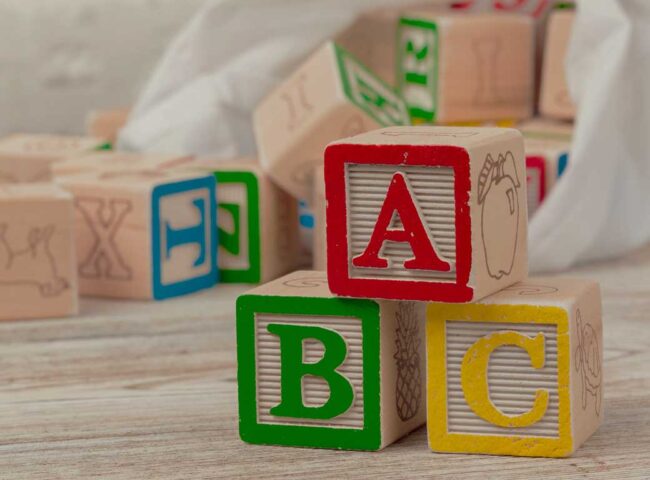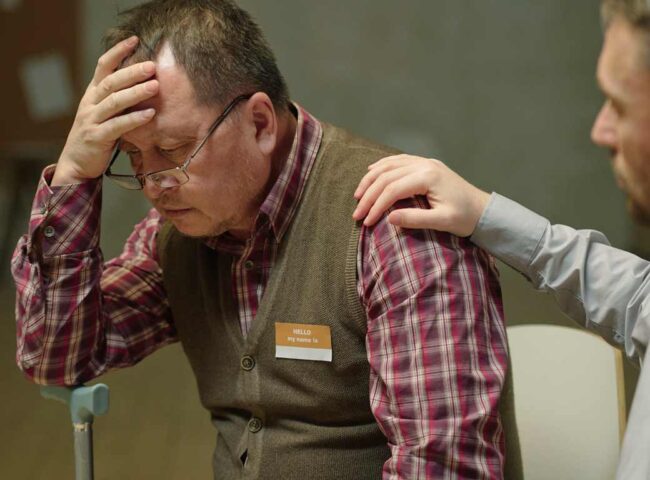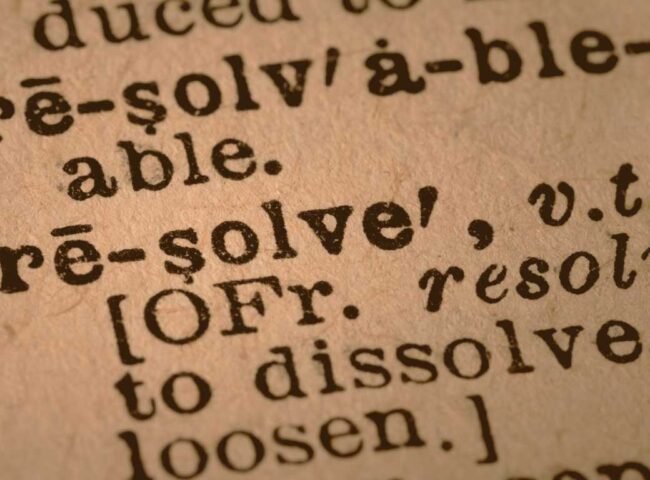Published on MSNBC
Helaine Olen, December 15th, 2023
America is aging into a crisis that we knew was coming… More than 8 million Americans don’t receive the help they need. That number is only increasing.
The United States is a perpetually optimistic country, so perhaps it is not unexpected that we don’t want to think seriously about what our aging population needs. It is a lot more pleasant to view retirement as a chance to finally visit that faraway vineyard you always meant to check out, not as an opportunity to get better acquainted with the nearby medical community. But we are all but ignoring a tsunami of neglect. The elder care offerings in the country are scattered, difficult to access and often unaffordable — altogether a practical and moral failure.
According to a report by The New School, Schwartz Center for Economic Policy Analysis: in 2020 about 20 million Americans ages 55 and up needed assistance with daily tasks essential to living independently, from preparing meals to using the toilet. But almost 40% of those people —more than 8 million Americans— receive no help at all.
As with child care, the assumption is that a close relation — usually female — will step in to provide uncompensated assistance. Care from a younger relative is indeed the most likely outcome. The New School’s research found that the most likely caretakers were children and grandchildren. And most younger Americans anticipate this…
Though younger generations expect this financial hit, they likely can’t afford it. It’s not simply lost work hours. According to a 2020 AARP study, 78% of unpaid caregivers spend their own funds on a family member or friend, at an average of $7,242 a year.
The pressure of the growing elder care [crisis] stresses almost all families. The damage isn’t just financial. Child care comes with a timeline of sorts: children get older and need less assistance. The end is a triumph: an independent adult. Elder care is, sadly, the opposite. The need gets greater and greater and greater, there is no predictability about it, and it is one emotional gut punch after the other. We expect to help infant children with their toiletry needs. No one can prepare for the day they need to do the same for a parent.
Teresa Ghilarducci, The New School, Schwartz Center for Economic Policy Analysis





